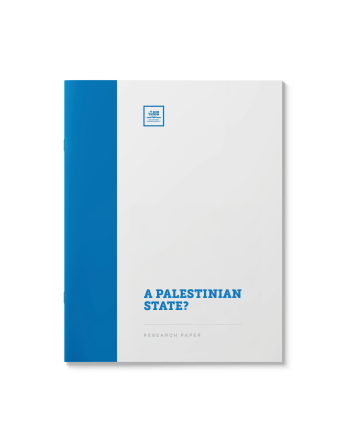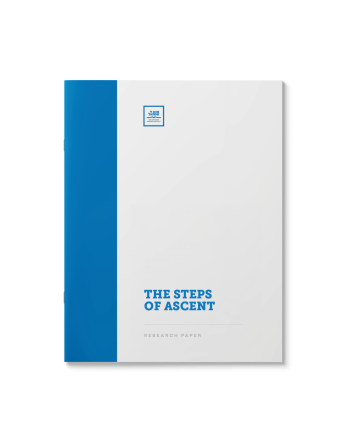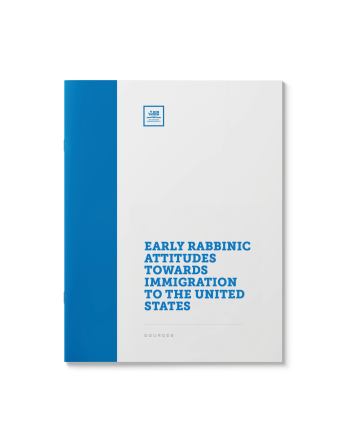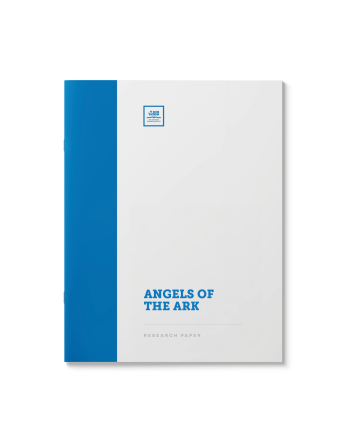The Law and the Lore of Ascending the Temple Mount
$75.00
Once the home of the Beit Hamikdash, the Temple Mount endures as
the holiest place on earth. It has also continued to ignite much passionate
debate in Jewish law. May a Jew climb this sacred mountain? Must he? And if he
does, what must he be aware of?
| Language | English |
|---|---|
| Paper Type | Research Paper |
| Pages | 30 |
Related Products
The final battle of Moshe’s lifetime is known as the war with Midyan. Moshe conveyed the divine instruction to take the lives of all the male Midyanite minors. Can this paradigm be reconciled with modern-day norms of war?
(updated)
Must a shul always face the Holy Land? What are the reasons behind this famous tradition? And if the shul was already built facing another direction, must it be changed?
Sadly, antisemitism is as much a part of Jewish life as anything else. So what does the Torah say about this regular fixture of our lives? How does Chassidus explain this ancient hatred? Can we do anything about it or is this part of Jewish destiny?
One of the biggest horrors of war is the damage it inflicts on innocent people. But collateral damage is inescapable. What is the Jewish view of this painful reality? Where is the line between acceptable and immoral? Is the killing of innocents ever justified?
Did the design of the Temple edifice bear any theological
themes? If the architect of the Beis Hamikdash had to be of moral character,
why was Herod – a mass murderer – permitted to do so? May a Jew serve as the
architect of a church? What were the Rebbe Rashab’s comments after viewing the
artwork of the Renaissance painter, Raphael?
The sanctity and celebration of human life in Judaism can be said to be commensurate with the aspiration for death amongst our enemies.
The recent headlines reporting that some Israeli MDA first responders provide emergency medical care for injured terrorists, raises some serious ethical dilemmas.
What is the Torah’s position?
A detailed exploration of these laws as they pertain to Bnei Noach and Gerei Toshav; the laws of Lo Sichanem, Rodef, Moser and more.
The State of Israel as a culmination of the Zionist enterprise represents a unique ideological school of thought. To what extent is this ideology compatible with Judaism in general and the philosophy of Chabad in particular?
From its inception, the dream of a modern autonomous Jewish homeland generated both excitement and controversy. How did Gedolei Yisroel and our Rebbeim react at the time? Did the Rebbe’s stance differ in any way from that of his predecessors?
What practical bearing do our ideological differences have? How do we provide our best support for our brothers in Eretz Yisrael while maintaining the integrity of our own principles? How do we navigate Religion and State in Eretz Yisrael?
This paper features a comprehensive overview of the Chabad attitude to the State of Israel, the background and battles of Zionism, ischalta d’Geula, and a host of related topics, including many practical hora’os from the Rebbe.
There are few topics more central to modern Jewish life than Israel. Israel’s policies regarding the territories it conquered during Six Day War remain controversial. As an issue that involves the security and safety of millions of Jewish lives, it is crucial to find a sustainable approach. In recent years, with the revolution in Egypt and Israel’s wars with Hamas, the Rebbe’s opinion in this debate has been proven to be ever more accurate, as is now acknowledged by many in the Jewish world and the Israeli establishment. What was the Rebbe’s view, and why is his opinion deemed so vital to addressing this issue?
The mizbeach was specifically required to have a ramp for the priests, while the menorah had a staircase for the high priest. Why were these two fundamental Temple structures accessed in different ways?
Land of the free. During the 19th century, unprecedented numbers of European Jews emigrated to the Free World. What are the earliest rabbinic sources that address the challenges facing the new immigrants? Were there any positive sentiments expressed by leading Torah authorities about the freedom and opportunity that America afforded? Also, did King Solomon bring gold from the “Goldene Medina”?
What did the golden cherubs atop the Ark represent? What was their exact form? And didn’t their existence violate the prohibition against graven images?


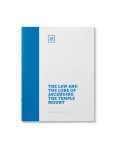
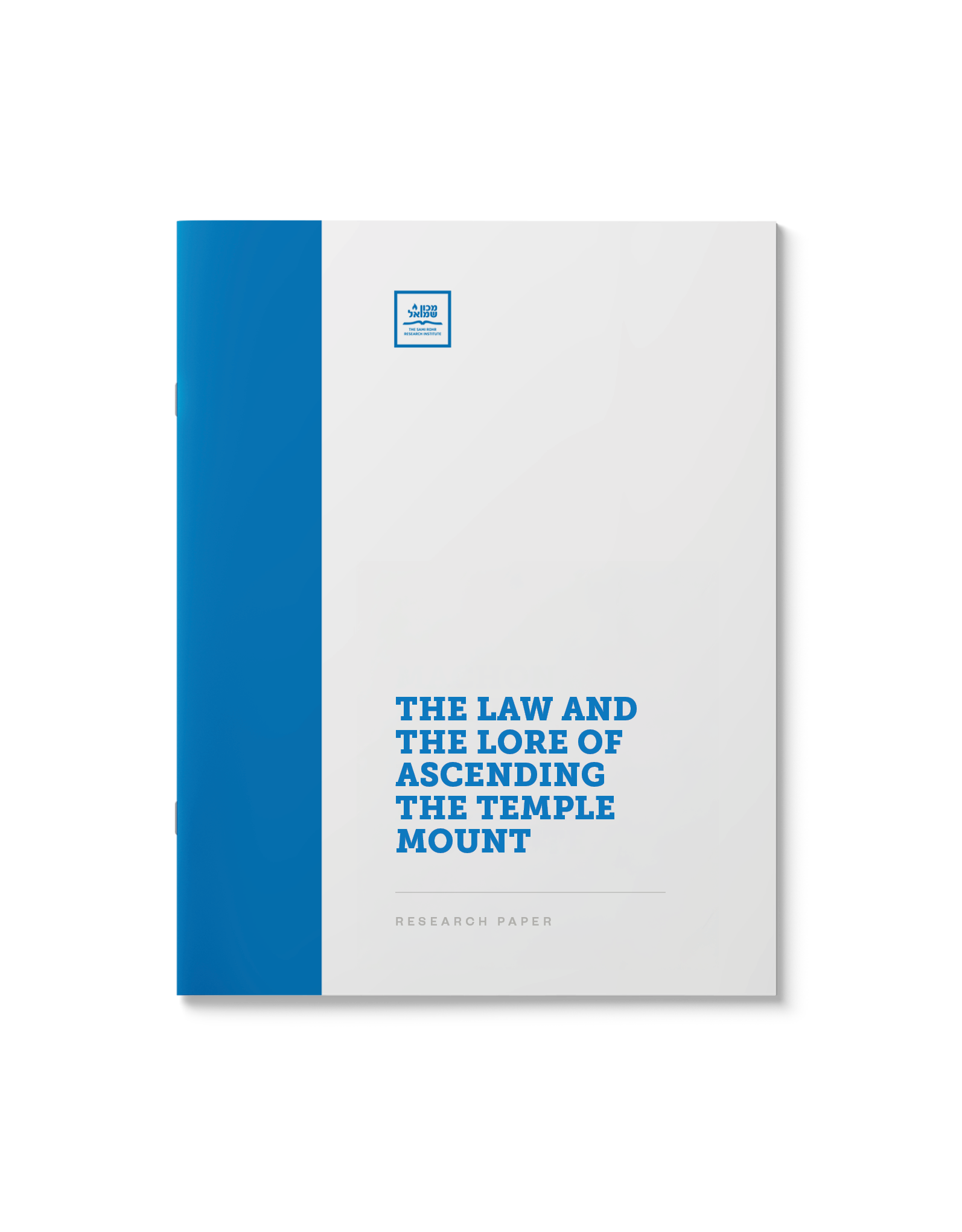
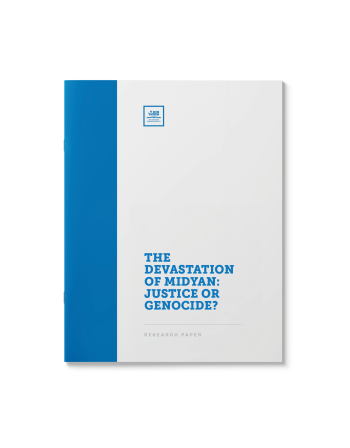
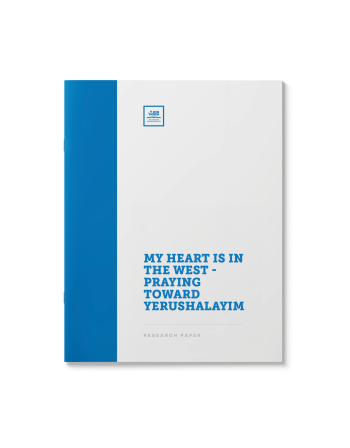

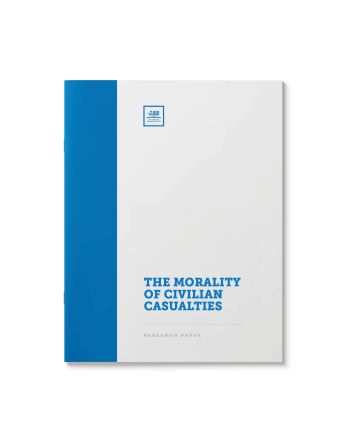
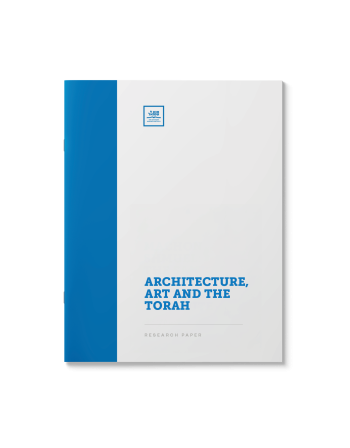
![Medical Intervention for Terrorists - To Treat or Not to Treat? [New!]](https://catalog.myjli.com/wp-content/uploads/2025/05/SAMSMIT-350x448.png)

